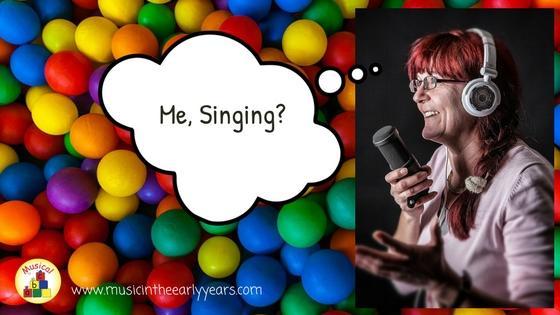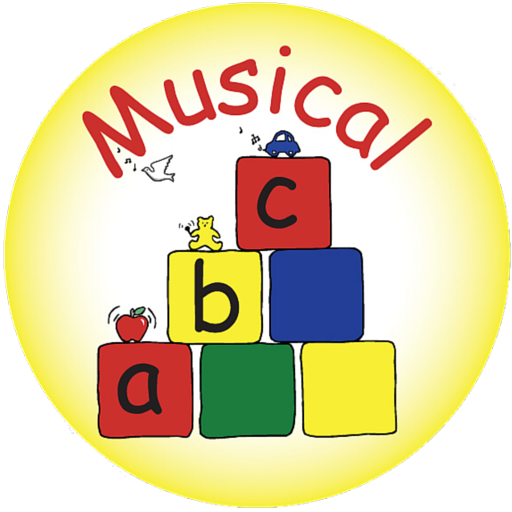Me, Singing?

Does the thought of singing make you feel stressed?
I was reading an article by Richard, a choir director, that discussed adults believing they cannot sing. He remarks
‘I have yet to meet anyone with amusia - a musical disorder which apparently affects 4% of the population.’
Here’s the link if you’d like to read it:
https://www.linkedin.com/pulse/i-love-music-so-why-cant-sing-tune-richard-swan-2
I can’t remember how the conversation came up but I was telling a lady about this article after she commented about her inability to sing. She recalled how a teacher’s negative comment about her singing had stayed with her to this day! I then went on to tell her about how I sat with my mum, who also believes she can’t sing, and with encouragement, she sang a very simple song in tune!
So, will you sing in front of the children?
I hope so!
Children really don’t judge, they just want to sing. If you feel that your voice is limited that’s okay as most songs that we should be singing, within the early years, need to be simple and so that should make it easier for you. Young children’s voices are limited by range; volume; jumps in pitch; notes too close together... Therefore it is important that we choose songs that are simple. Or know that we’re not always asking children to sing or sing all of a song.
A simple song could be:
Mainly based on 2 notes:
Rain, ran go away.
It’s raining, it’s pouring
Or
It could be limited to a small range and lots of repetition.
E.g. Big Bear, a song I wrote. When I did an event one summer a child who attended only heard Big Bear at the event but she sang the main repetitive phrase all the way home; I had an email from a mum to let me know!
For songs that are little more tricky to sing you may like to ask the children to just join in with the:
- Rhyming words: e.g. in Twinkle, Twinkle Little Star you would encourage the children to join in with: star, are, high, sky
- Repeated phrase: e.g. The Wheels on the Bus: the repeated phrase ‘all day long’
- Names:
- Number names in counting songs e.g. 5 Little Ducks, 5,4,3,2,1
- People names: e.g. Sally in, Sally go round the sun.
- Onomatopoeias e.g. in How much is that doggy in the window you would encourage the children to join in with the woof, woof
- Actions e.g. Wind the bobbin up: rotating fists forwards and back, clapping, pulling fists apart, and pointing
- Movements e.g. The big ship sails: marching around in a circle, wagging finger, moving up and down, shaking head in the sea.
I discuss these techniques in the Song and Rhyme activities in ‘Early Years Music Ideas’. Click here to read more about it: https://www.musicintheearlyyears.com/early-years-music-ideas-2-to-5
It is also worth noting that within the early years we’re putting in the foundations of a song for when a child's ready to learn it in the future. Singing is such an enjoyable experience; we should all feel it is possible!
Here's a video I also created about this blog:
Happy music making!

Categories
- Props (14)
- Routines (4)
- Music Time (14)
- Singing (16)
- Seasons (6)
- Celebrations (8)
- Nursery Rhymes (5)
- Senses (1)
- Composing Music (2)
- Listening to music (6)
- Instruments (6)
- PDP (8)
- The Importance of Music in the Early Years (5)
- Topics and Themes (10)
- Outdoor Music (2)
- Live Music (1)
- Vocal Play (1)
- Sensory (3)
- Music Area (2)
- Performing (2)
- Mathematics: Number (2)
- Top Tips (1)
- Mathematics: Shape, Space and Measure (1)
- Schemas (3)
- Musical Elements (1)
- Mathematics (4)
- Vlog (4)
- About Anne (1)

0 comments
Leave a comment